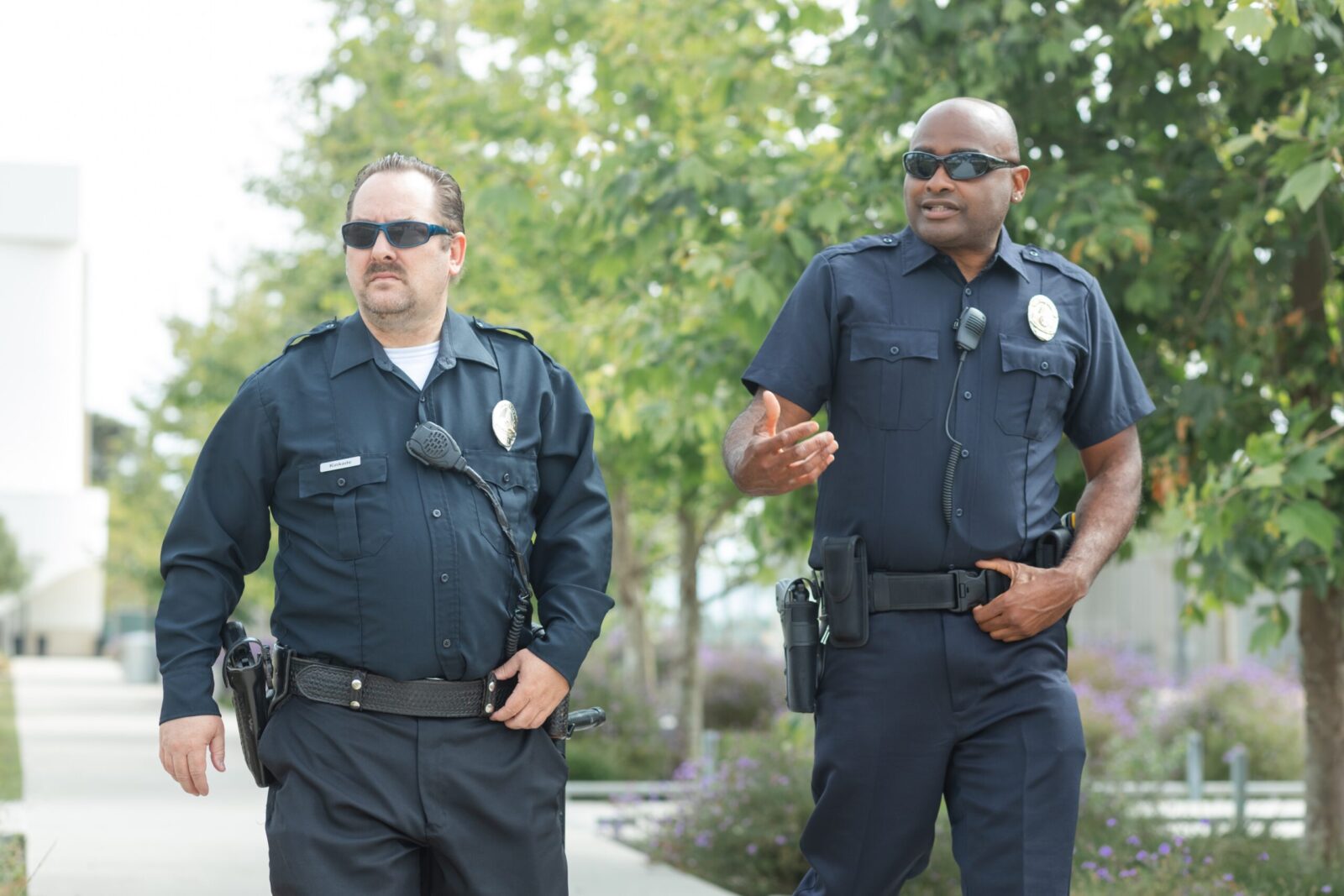How Do You Use Surveys To Improve Team Engagement?
Employee engagement is critical for any organization, but especially for law enforcement agencies where lives depend on officers being focused, motivated, and working cohesively as a team. Surveys are a simple yet powerful tool that law enforcement leadership can use to measure and improve engagement.
Why are surveys important?
Surveys provide quantitative data directly from your employees on how engaged they feel, allowing you to identify specific problem areas. For example, a Gallup survey of nearly 200 police departments found that just 53% of officers are engaged at work. Without surveys, many departments would have no way of knowing engagement is such a widespread issue.
Surveys also show employees that leadership cares about their feedback and is committed to improving the organization based on that input. This helps build trust between staff and leadership.
What should you ask on surveys?
Every agency’s needs are different, but some topics that are useful to cover in engagement surveys include:
– Satisfaction with role and responsibilities
– Relationships with coworkers and supervisors
– Opinions on leadership and department policies
– Access to training and growth opportunities
– Workload and work/life balance
– Overall job satisfaction and engagement
You can also tailor questions to focus on issues your department may be facing, like community relations, new initiatives, or equipment and resources.
How often should you conduct surveys?
For ongoing engagement monitoring, an annual survey is recommended. More frequent surveys, such as quarterly pulse surveys with a small subset of key questions, can also provide regular feedback.
It’s also beneficial to do surveys around major events like leadership changes, new policies, reorganizations, or large-scale training programs to gauge their impact.
How can you act on the results?
The key is to not just conduct surveys but also be prepared to take action on the findings. Some steps include:
– Communicate a summary of results to all staff
– Identify areas of strength to continue building on
– Prioritize 1-3 areas needing improvement
– Involve employees in coming up with solutions
– Develop action plans with concrete steps and timeline
– Follow through on changes promised from feedback
– Communicate how survey results were used to employees
Surveys are invaluable for identifying where your agency is falling short in employee engagement. By coupling surveys with genuine commitment to improve based on findings, law enforcement leadership of any department can build a more motivated, empowered team.
Here are ten free police survey questions that you can ask on your next survey:
1. On a scale of 1-10, how satisfied are you with your role and responsibilities within the department?
2. How well do you feel senior leadership communicates important information effectively to all employees?
3. Do you feel you have opportunities for advancement and growth within the department?
4. How satisfied are you with the training and development opportunities available to you?
5. How manageable is your current workload? Do you feel you have enough time to complete tasks properly?
6. How satisfied are you with your work/life balance?
7. How valued and appreciated do you feel at work by your supervisor and the department leadership?
8. How good is the cooperation and teamwork between departments and units within the agency?
9. How satisfied are you with the resources and equipment provided to do your job effectively?
10. Overall, how engaged and motivated do you feel at your job with the department?








